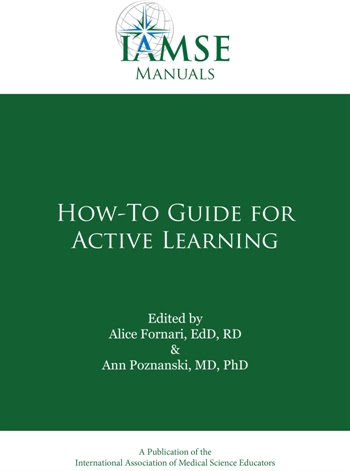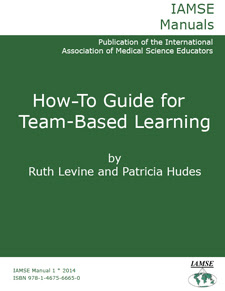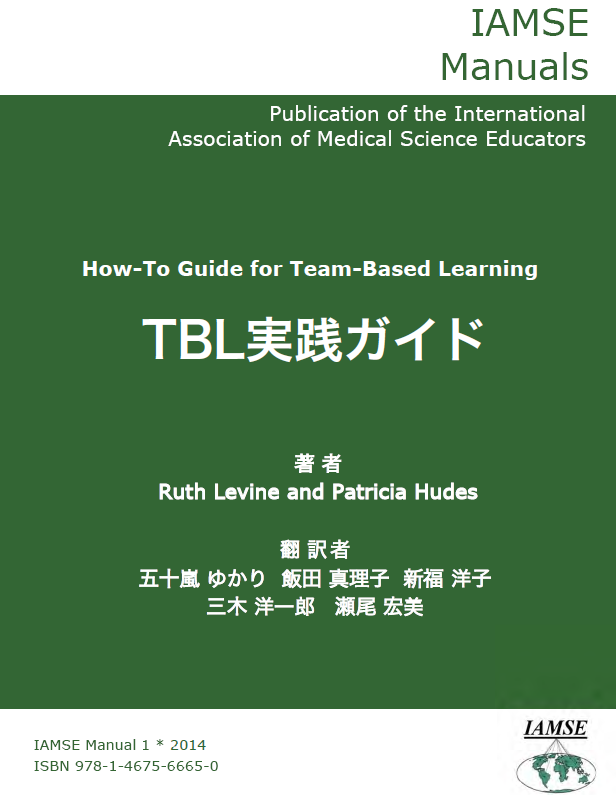It is common for undergraduate students to engage in undergraduate research experiences as part of their preparation for applying to medical and other professional schools. It is widely assumed that performing undergraduate research provides students with knowledge and skills, as well as attitudes that will prepare them for the demands of medical school, and in so doing, that this will make them more competitive for acceptance into such programs. Clearly, there is the potential for students to learn transferrable skills such as oral and written communication, problem solving, critical thinking, analytical skills, professionalism, leadership and teamwork. At the same time undergraduate research can provide students with the opportunity to learn research-specific skills and knowledge that is discipline-specific, as well as general in nature. Finally, students can be exposed to a range of attitudes in the research arena that will be of potential use going forward in their career. However, even though there is the potential for students to gain a wide range of knowledge, skills and attitudes by performing undergraduate research, this does not always happen in practice. One study to better understand the association between student and faculty perceptions about the undergraduate research experience and how differences in perceptions may negatively impact the achievement of learning objectives associated with undergraduate research is discussed in a recent paper entitled Exploring Medical Student’s and Faculty’s Perspectives on Benefits of Undergraduate Research Experience, published in the Medical Science Educator, Volume 28, (pages 553-560), 2018, by authors R Imafuku, S Yasuda, K Hashimoto, D Matsunaga, Y Ohashi, K Yamamoto, K Tsunekawa and T Saiki from Gifu University, Japan.
In this study, the authors utilize an interview-based, qualitative assessment of students and faculty who were engaged in undergraduate research to determine if their perceptions of the benefits and outcomes of the experience were aligned, and if not, where differences in perceptions were focused. The authors categorized outcomes of the undergraduate research experience into four main areas, including transferable skills, research-specific skills, knowledge and finally attitudes towards research. Interestingly, the authors found that students and faculty both perceived the undergraduate research experience as being equally valuable for imparting transferrable skills to students. However, this was the only category in which there was concurrence. Students placed more emphasis on the acquisition of research-specific skills and knowledge than did faculty. Whereas, faculty focused more on how the undergraduate experience impacted attitudes towards research. Thus, the authors found a discordance of expectations and outcomes for three out of the four main learning objective categories. In particular, the lack of agreement with respect to attitudes towards research was of significant interest as it suggests that faculty believed that the undergraduate experience should provide students with a clear appreciation of the research endeavor and how it is potentially important for their future as clinicians, whereas students had a more difficult time understanding, or appreciating, how research would be relevant to their future career. The take home message from this study is that it is critical to provide opportunities for alignment of student and faculty perceptions and expectations in order to insure that the undergraduate research experience fully achieves the intended goals.
Louis B. Justement, PhD
Director, GBS Immunology Graduate Theme
Director Undergraduate Immunology Program
Associate Director, Medical Scientist Training Program
Professor, Department of Microbiology University of Alabama at Birmingham
Member, Publications Committee
Want access to over 40 archived issues and more than 800 medical science articles? Visit Medical Science Educator online here for access to every issue since 2011!



